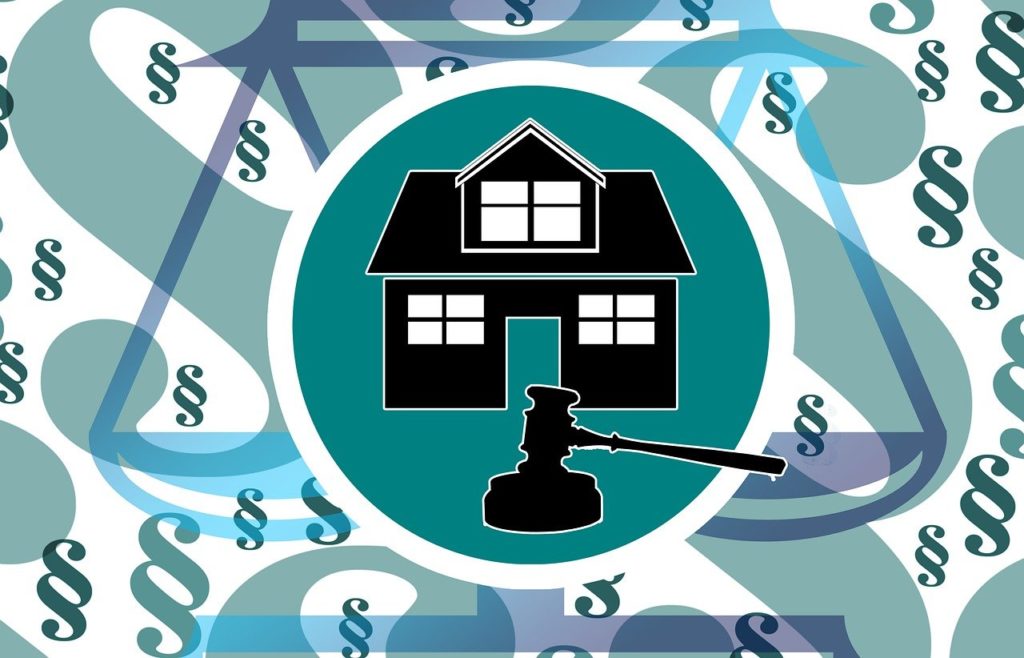
Image from Pixabay
By Stephanie Mojica
A critical step for new and existing real estate investors is to form an LLC or Limited Liability Company. In the simplest of terms, an LLC protects an investor’s personal assets — whether those are cash, bank accounts, or personal property.
Whether the investor is into flipping houses or being a landlord, an LLC ensures that the person himself or herself does not actually owe any debt. The company is responsible for any contracts, debts, lawsuits, leases, and liabilities.
If business goes bad, the people and companies that believe they are owed money can only pursue the LLC — not the individual(s) behind the company unless fraud or another crime was involved, according to Yahoo! Finance.
However, there are some critical steps to take even after a real estate investor forms an LLC. Any properties must be purchased in the company’s name, not an individual’s name. This ensures the ultimate protection.
If someone buys a home to flip or rent out and ends up owing more on the mortgage than the property is worth, the bank cannot come after the individual if the home is officially owned by the LLC.

Image from Pixabay
A caveat is that many banks do not want to issue mortgage notes to a new LLC, because it’s risky for them. That’s why a business plan is so important. (See our past article “House Flippers Need a Business Plan” for a more in-depth discussion on this topic.)
Other potential drawbacks to an LLC come at tax time and when an individual transfers assets to it, so an attorney is probably a necessary resource, according to LegalZoom.com. Also, each state has different laws regarding an LLC.
However, done properly, an LLC seems to have more benefits than downsides. Other good news is that the costs are usually minimal. As always, before making any major decisions in such areas speak to a qualified real estate attorney.
Sources for this article:
https://finance.yahoo.com/news/form-llc-real-estate-investing-194323289.html
https://www.legalzoom.com/articles/forming-an-llc-for-real-estate-investments-pros-cons














